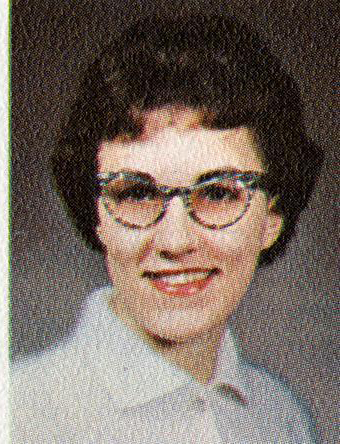Leftovers at a vegetarian restaurant in Oregon gave birth to the world’s most popular meatless hamburger—the Gardenburger®.
Paul Wenner (b. 1947), a health-conscious eater during the 1960s, served in the Air Force and graduated from Mt. Hood Community College in 1973. He taught natural food cooking and founded the Gardenhouse vegetarian restaurant in Gresham in 1981. As the story goes, Wenner mixed leftover vegetable and rice pilaf into a loaf that he called the Garden Loaf Sandwich. That led to a patty version that he called Gardenburger, and by 1982 he was producing low-fat, low-cholesterol Gardenburgers made from oats, cheese, mushrooms, and rice.
Initially, Gardenburger was a product for the natural and health food market. Wenner closed the Gardenhouse in 1984 and founded Wholesome & Hearty Foods Inc. with Allyn Smaaland, a former customer and salesman. Harry Merlo, the CEO of Louisiana Pacific, provided the financial backing. By the end of 1985 the company had over seventy customers and—after a promotion at the 1986 Natural Food Expo in Los Angeles—turned a minuscule profit. Wholesome & Hearty Foods went public in 1992.
The company hired a former Quaker Oats executive, Lyle Hubbard, as CEO in 1996, and Wenner became senior chairman and chief creative officer. Hubbard initiated a market strategy to increase distribution, visibility, and revenues and changed the company name to Gardenburger Inc., in 1997. Annual sales topped $100 million that year, and Gardenburger's share of the veggie patty category was 55 percent in 1999, ahead of second-place Worthington Foods, which produced the Morningstar line. Hubbard's strategy included positioning Gardenburgers in stores nationwide, and the company launched a national advertising campaign with the tagline "Eating Good Just Got Great." The campaign culminated in a television spot on the series finale of Seinfeld in 1998.
Gardenburger borrowed heavily in the 1990s to support its advertising campaign, but the growth in sales did not last and operating losses mounted. Hubbard resigned as CEO in 2000, and the company's stock was delisted by NASDAC the next year. In October 2005, Gardenburger filed for bankruptcy. The company emerged less than a year later as the Wholesome & Hearty Foods Company, owned by Annex Capital Management LLC, a New York-based investment firm. Kellogg purchased the company in the fall of 2007, and Wenner left Wholesome & Hearty Foods in 2008.
Over the years, Gardenburger experimented with such products as Meatless Meatloaf, Meatless Sweet and Sour Pork, BBQ Chick’n, and Gardendogs. Today, the brand includes the Original Veggie Burger, a Black Bean Chipotle Veggie Burger, and a Portabella Mushroom Veggie Burger.
Gardenburger moved its production facilities to Clearfield, Utah, in 1998–1999 and shifted its headquarters to Irvine, California, in 2003. Paul Wenner, whom the Oregonian once called “The Futurist of Food,” built an Art Deco house in southeast Portland, wrote a 1997 book on healthy eating called Garden Cuisine, and launched the Gardenbar, a vegan snack food in 2012.
-
![]()
The Original Gardenburger package label.
Courtesy The Daily Meal
Related Entries
-
![Kettle Foods, Inc.]()
Kettle Foods, Inc.
When Kettle Foods began producing Kettle Chips in Salem in 1982, the co…
-
![Reser's Fine Foods]()
Reser's Fine Foods
Reser’s Fine Foods Inc. traces its origin to a kitchen in Cornelius, Or…
Map This on the Oregon History WayFinder
The Oregon History Wayfinder is an interactive map that identifies significant places, people, and events in Oregon history.
Further Reading
Wenner, Paul. "Food For Thought." Business Start-Ups Magazine, March 1, 1997.
Gonzalez, Cristine. "Gardenburger to shut down production in Portland." Oregonian, March 3, 1999, C01
"Gardenburger Files for Bankruptcy." Associated Press, October 17, 2005. http://www.nbcnews.com/id/9730624/ns/business-us_business/t/gardenburger-files-bankruptcy/#.XBeb66aosdU



